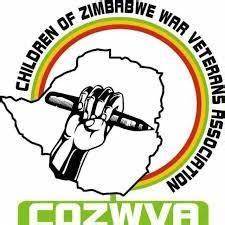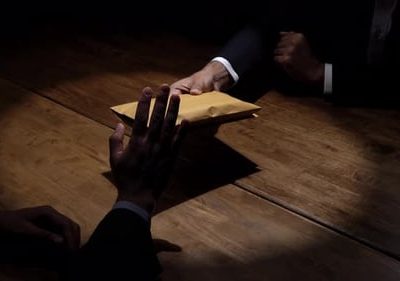Most Zimbabweans dotted around the country including Bulawayo residents and diplomats scoffed at the SADC-anti sanctions crusade held on 25 October citing that these sanctions were only targeted at five individuals and not the whole country. Locals boycotted the anti-sanctions campaign which attracted small pockets of crowds as most Citizens including the Citizens Coalition for Change CCC party boycotting the event as United States (US) and United Kingdom (UK) diplomats also rubbished the anti-sanctions marches that took place on Tuesday, saying the demonstrations will not see them overturn sanctions until there is rule of law and democracy in the country.
“The measures do not affect trade or economic development. Trade between the UK and Zimbabwe was US$175 million last year. These targeted designations hold to account those responsible for the worst human rights violations against the people of Zimbabwe since President Emmerson Mnangagwa took power in November 2017.
“This includes a State-sponsored crackdown against protests in January 2019 that resulted in the death of 17 Zimbabweans and post-election violence in August 2018 in which six protesters lost their lives. Contrary to claims by those who seek to stop institutional reform and respect for human rights in Zimbabwe, these sanctions will not deter investment into the country. Instead, UK investors repeatedly highlight three concerns that prevent them from investing in Zimbabwe and that is a poorly-managed currency, arbitrary (abuse of) property rights and the legal system.”
Western governments behind Zidera said sanctions would only be removed when their intended goals were achieved.
“With respect to our Zimbabwe sanctions programme, we are targeting individuals and entities who have been actively involved in actions that violate rights of individuals, who have facilitated corruption, and who undermine democracy. And our sanctions impose a cost on their behaviour,” the US Department of State Sanctions Co-ordinator said.
“The ultimate goal of our sanctions is not to punish these individuals, but to bring about a positive change in behaviour, and of course to support our policy objectives within the broader framework of the US government strategy.”
Diplomats said sanctions were targeted, and not meant to harm the Zimbabwean economy.
“Earlier this year we delisted 11 people, and we are continuing to look carefully at the programme… We aren’t stopping certain kinds of transactions. We’re aware that because of the depth of the problems and the duration of this programme, there probably are a lot of companies which believe that doing business in Zimbabwe is just too difficult.”
The American government said the economic decay in Zimbabwe was a result of mismanagement and corruption.
“….We want legitimate businesses to be able to do legitimate business in places, and that includes Zimbabwe,” the US added.
Tagwirei is accused of profiting from misappropriation of property when his company, Sakunda Holdings, redeemed government Treasury Bills at up to 10 times their official value. The UK government alleges that his actions accelerated the devaluation of Zimbabwe’s currency, increasing the price of essentials, such as food, for Zimbabwean citizens, a development which culminated in human rights violations.
In Bulawayo the anti-sanctions campaign was hastily moved from the bigger city hall to a smaller National Railways of Zimbabwe NRZ car park as the Southern African Development Community (Sadc) Anti-Sanctions Day was held in solidarity with the Government of Zimbabwe to try force the hand of the US and UK to remove the sanctions imposed in 2001 following chaotic bloody invasions of white commercial farms which reduced Zimbabwe from being the bread basket into a mere basket of the region.
Western governments said the conditions for their removal included the Zanu PF-led government stopping corruption, human rights violations and bad governance.
They also revealed that the sanctions are only targeted at five Zimbabwean officials and one entity for human rights violations and serious corruption.
Those under sanctions are former Intelligence Minister Owen Mudha Ncube, Central Intelligence Boss Isaac Moyo, ZRP Commissioner General Godwin Matanga, former Presidential Guard Commander now Ambassador Anselem Sanyatwe, business man Kudakwashe Tagwirei and the Zimbabwe Defence Industries (ZDI).







Comments